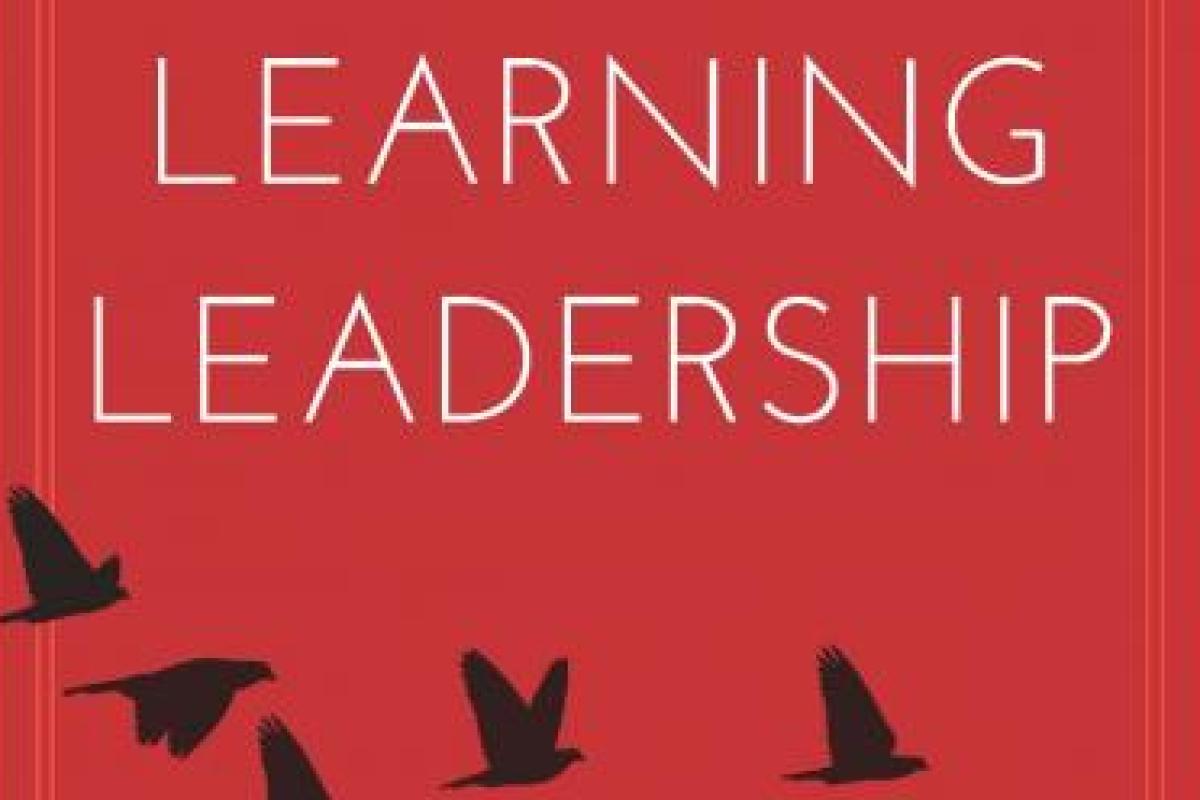I have been reading many books on leadership in the last 30 years. From “The Prince” by Nicolo' Machiavelli to “Delivering Happiness” by Tony Hsieh.
Most of those books were written in different centuries, by people from different Countries, life experiences and professional background. But, upon reflection, all those books were written by (and for) leaders and the topic was about “how to be a better leader”.
Therefore, the assumption was that the readers are someone already leading, more than someone willing to learn how to lead. And they all also assume that there is some sort of mysterious innate skill of leading and, if you don't have it, there is no way you will be able to learn it.
This book is built starting from the opposite assumption. Everybody can learn to be a leader. And leadership is not about being at the top of an organization, it is a skill to be used in different aspects and circumstances. What defines it is 1) to be willing to make a difference, whatever you want to do and 2) being read to work hard to achieve the leadership status, as it does not come as a “genetic gift”. "Natural Leadership" is a myth, and a significant amount of empirical evidence (that is, data) is used to substantiate this point.
Leadership is key for improve our society. And it can be learned, assuming that “potential” leaders believe they can do it. Self-awareness is also key. Knowing who you are today, who you want to be and how to make a difference for the people that you want to lead. The authors call it “Aspire to Excel”.
As becoming a leader is a learning experience, being able to constantly challenge yourself is key. And the authors point out that this is not a easy and linear journey. There will be failure and setbacks. Persisting is key, as it is getting support and coaching from trusted people (family, friends, colleagues etc.). Leadership entails the ability of creating a nurturing a supporting – emotional and practical – trusted network.
Finally, practising leadership is the best way to grow this skill. For this reason, the book is full of practical exercises – e.g. keeping a leadership diary – and the same authors believe that this is a book to “use” more than to "read". Sort of DIY manual. I personally love this pragmatic optimism and the idea that leadership is about hard work and committment. “It's not how you start, It's how you finish!”. Warmly recommended
Learning Leadership
Learning Leadership
